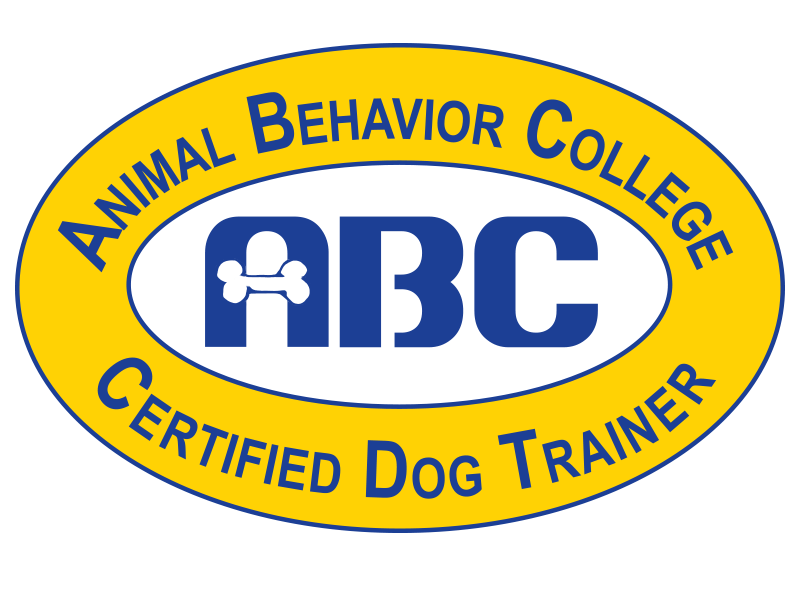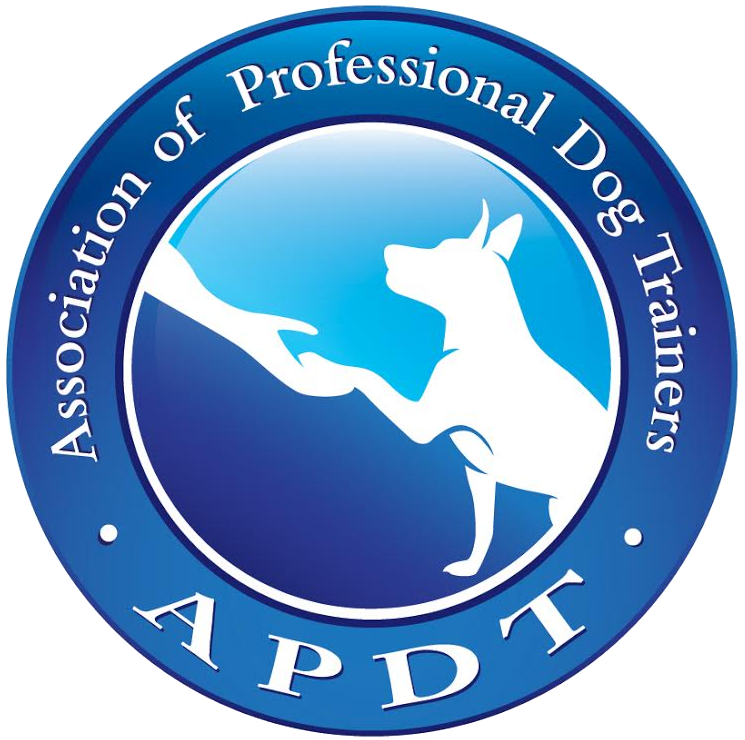Professional vs. DIY Dog Training by Maureen Keene
Training your dog is crucial for a harmonious home. Deciding between DIY and professional training can influence your dog's behavior and your relationship. This article explores when to seek expert help and the benefits of professional courses, ensuring you make informed decisions for effective dog training.

When to Seek Professional Help and the Benefits of Professional Dog Training
Dog training is a vital aspect of responsible pet ownership. It not only enhances the bond between you and your canine companion but also ensures a harmonious relationship within the household and community. When it comes to training, dog owners face a fundamental choice: should they opt for do-it-yourself (DIY) training or seek the help of a professional dog trainer? This blog post delves into the pros and cons of each approach, when to seek professional help, and the undeniable benefits of professional dog training courses.
DIY Dog Training
Advantages
- Cost-Effective: One of the primary advantages of DIY dog training is the cost savings. Professional training services can be expensive, and training your dog yourself can be a more budget-friendly option.
- Bonding Experience: Training your dog yourself can be a rewarding bonding experience. It allows you to spend quality time with your pet, creating trust and mutual respect.
- Flexibility: DIY training allows you to set your own schedule and pace. You can train your dog at times that are convenient for you and adjust the training methods as needed.
Challenges
- Lack of Expertise: One of the biggest challenges of DIY training is the potential lack of expertise. Without professional guidance, you may not be aware of the most effective techniques and methodologies.
- Inconsistency: Consistency is crucial in dog training. DIY trainers may struggle with maintaining a consistent training regimen due to lack of experience or conflicting advice from various sources.
- Behavioral Issues: Certain behavioral issues may be too complex for novice trainers. Aggression, severe anxiety, or other deeply rooted issues often require professional intervention.
When to Seek Professional Help
While DIY training can be effective for basic commands and simple obedience, there are situations where seeking professional help becomes imperative:
- Persistent Behavioral Problems: If your dog displays persistent behavioral problems such as aggression, separation anxiety, or compulsive behaviors, a professional trainer can offer targeted strategies to address these issues.
- Lack of Progress: If you have been training your dog for a while and notice little to no progress, it may be time to consult a professional. Sometimes, a fresh perspective and expert methods are necessary to break through training barriers.
- Specialized Training Needs: If your dog requires specialized training, such as service dog training, therapy dog training, or agility training, a professional trainer with specific expertise in these areas is essential. Specialized training often involves complex tasks that require a deeper understanding of dog behavior and advanced training techniques.
- Safety Concerns: If your dog’s behavior poses a safety risk to itself, other pets, or people, immediate professional intervention is crucial. Professional trainers are equipped to handle such situations effectively and safely.
- Time Constraints: Training a dog requires a significant time commitment. If you find yourself unable to dedicate enough time to proper training due to work, family, or other obligations, a professional trainer can step in to provide the consistency and expertise needed.
Benefits of Professional Dog Training Courses
Opting for professional dog training courses offers several advantages that can make a significant difference in your dog’s training and overall behavior:
- Expert Guidance: Professional trainers bring a wealth of knowledge and experience. They are trained to understand canine behavior, body language, and psychology, allowing them to address issues more effectively than most pet owners can on their own.
- Structured Environment: Professional training courses provide a structured environment that fosters learning. These classes are designed to progress gradually, ensuring that dogs and their owners master one skill before moving on to the next, which helps build a solid foundation.
- Socialization Opportunities: Group training classes offer valuable socialization opportunities. Dogs learn to interact with other dogs and people in a controlled setting, which is essential for their development and helps prevent behavior problems related to fear or aggression.
- Customized Training Plans: Professional trainers can tailor their methods to suit your dog’s individual needs and temperament. Whether your dog is a puppy or an adult, shy or outgoing, trainers can adapt their techniques to ensure the best possible outcome.
- Addressing Specific Issues: Professionals are adept at identifying and addressing specific behavioral problems. Whether it’s excessive barking, leash pulling, housebreaking issues, or aggression, trainers have strategies and tools to correct these behaviors effectively.
- Accountability and Support: Enrolling in a professional training course provides accountability. Knowing that you have regular training sessions to attend can motivate you to stay consistent with your dog’s training. Additionally, trainers often offer ongoing support and advice, even after the course has ended.
- Confidence Building: Professional training not only improves your dog’s behavior but also boosts your confidence as a pet owner. Understanding effective techniques and seeing tangible results can make you feel more empowered in your role as a dog parent.
- Speed and Efficiency: Professional trainers can often achieve faster results due to their expertise and experience. They know how to apply techniques effectively and efficiently, reducing the time it takes for your dog to learn new behaviors.
Comparing DIY Training and Professional Training
When it comes to training your dog, the decision between DIY training and professional training is significant. DIY training is often appealing because it is generally more cost-effective. It allows dog owners to bond closely with their pets, providing a personalized and flexible training schedule. However, DIY training may lack the sophisticated techniques that professional trainers bring to the table. Consistency can also be an issue, and without expert guidance, some complex behavioral problems may remain unresolved. Socialization opportunities are typically limited to the owner's resources and capabilities, and progress can be slow if the training methods are not effective.
On the other hand, professional training offers several advantages that can make a notable difference in a dog's development and behavior. Although it comes with higher costs, the expertise and experience of professional trainers ensure that training is consistent and effective. Professionals are skilled at addressing intricate behavioral issues and provide structured socialization opportunities that are crucial for a dog's development. Professional training often progresses more quickly thanks to customized training plans tailored to a dog's specific needs. Safety is another critical aspect; professional trainers are adept at handling potentially dangerous behaviors, ensuring a secure environment for both the dog and those around it.
Ultimately, the choice between DIY and professional training depends on individual circumstances. For basic obedience and bonding, DIY might suffice. However, for complex issues or specialized training needs, professional help is invaluable.

Maureen Keene
Keene Kanine
Long Beach, NY 11561
(516) 633-5201
Business Hours
- Mon - Fri
- -
- Saturday
- -
- Sunday
- -
Copyright 2020 All Rights Reserved. Art Licensed by Shutterstock©







